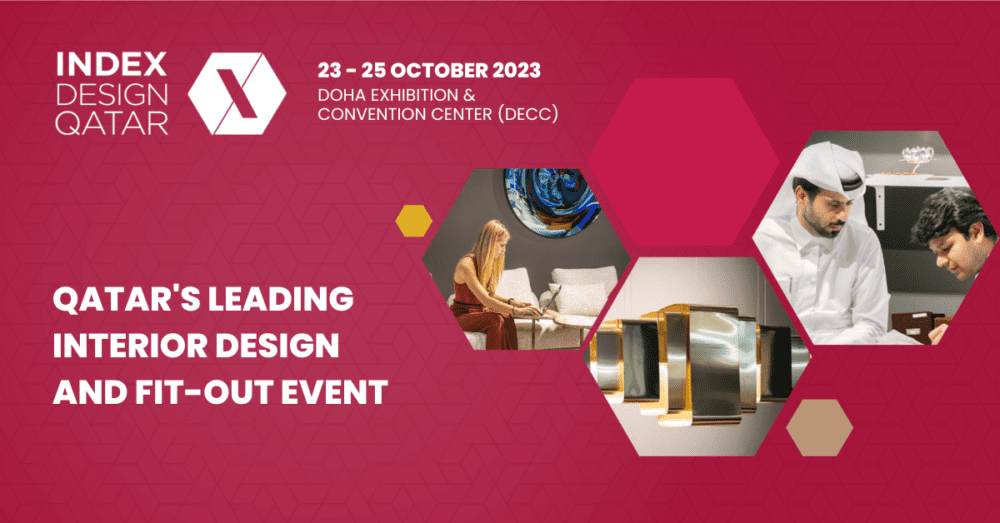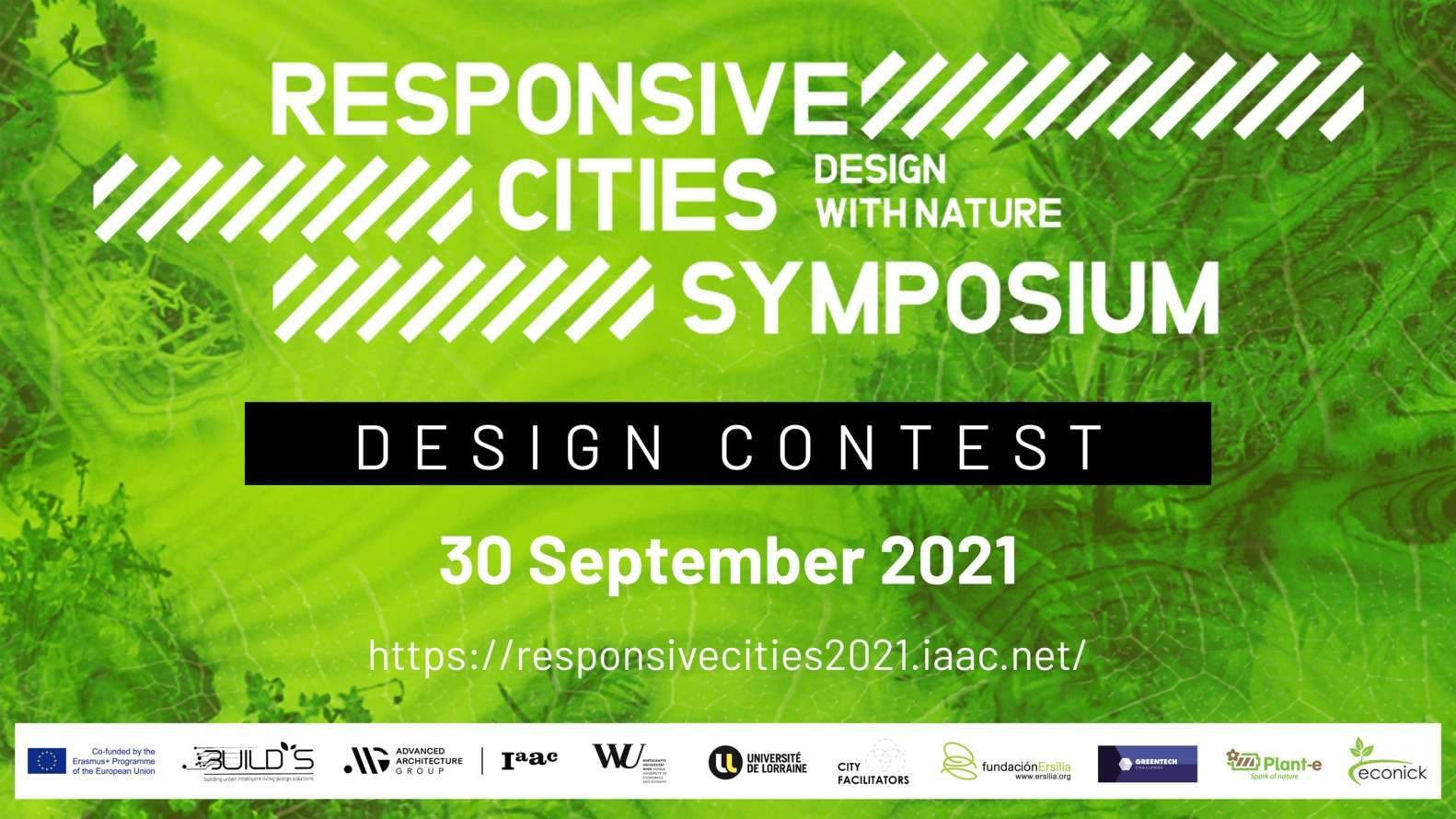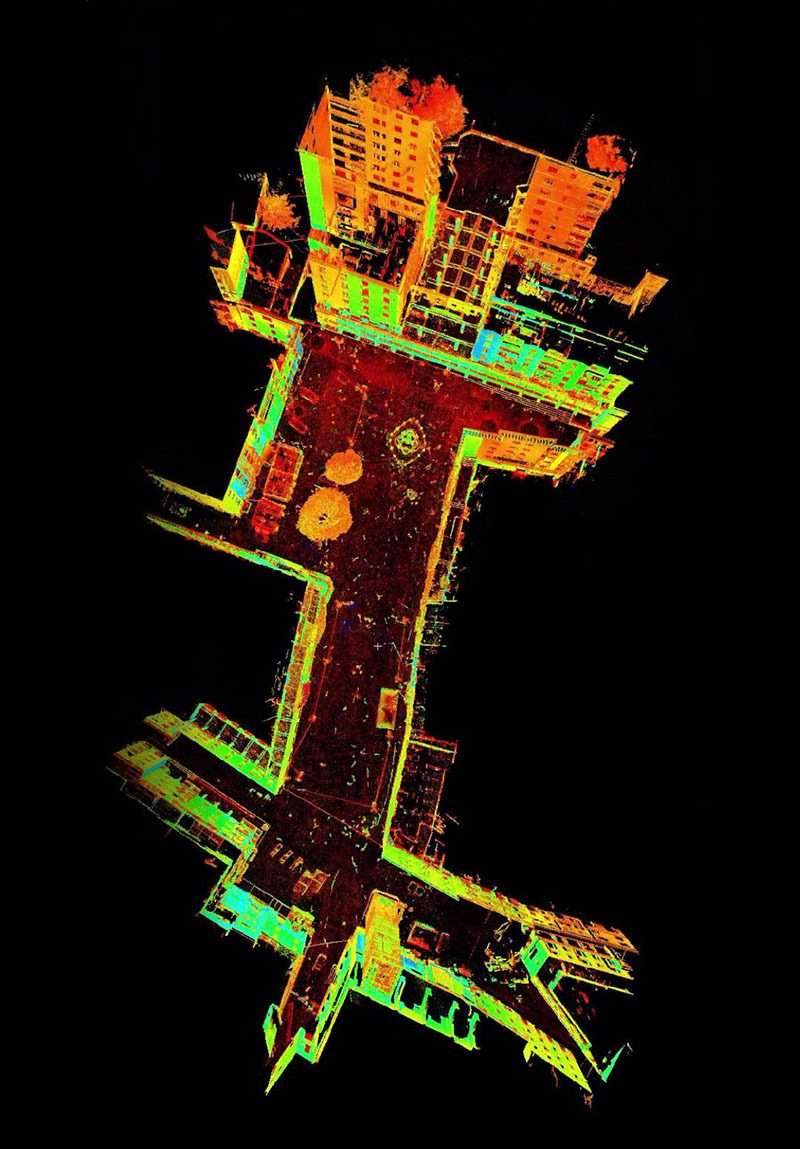Charrette 7(2)| Nurturing Architecture: Practice, architecture education and wellbeing
Importantly, wellbeing may be a broad and diffuse concept; wellbeing may be a positive aspiration, a way to living well: an everyday resource that permits people to steer individually, socially and economically productive lives. Wellbeing is usually related to nurturing the prospect of flourishing: ‘the experience of life going well… feeling good and functioning effectively’. it’s also analogous to aspects of social sustainability and is embedded in innovative and interdisciplinary design approaches. the planning of the built environment can contribute towards many positive aspects of psychological state including self-actualisation, the desire to meaning, individuation or happiness. The theme interweaves across disciplines and limits , particularly: digital wellbeing; collective wellbeing; commodification of mental health; identity, individuation and isolation; the circular economy and therefore the humanities. We welcome contributions that consider any of the subsequent approaches:
Architecture that nurtures
Exploring an ‘architecture that nurtures’ suggests critically exploring the potential impacts and influences that architecture may need . This approach relates to the mechanisms through which the built environment, educational landscapes and therefore the research/knowledge context could be a force for nurturing healthy, resilient, democratic communities. At a theoretical and pedagogical level, this attitude encourages exploration of ethics and values.
Nurturing of Architecture
The ‘nurturing of architecture’ opens the talk to the role of the profession in developing, improving, updating, protecting and caring for the discipline of architecture. Recent debates around an expanding field of architectural expression introduce associated areas. The emergence of those interdisciplinary approaches is changing the prevailing landscape of the architectural profession. The nurturing of architecture – as a profession, as an industry and as a pedagogical context – requires support, consensus and collaboration also as critique and dissensus so as to stay relevant to contemporary challenges. This approach raises potentially provocative and radical concerns.
Nurture Architects
As architects, architecture students and architecture educators we are educated to think about the society of which we are a neighborhood . Alongside this however we also got to consider our role in nurturing the individuals, students but also academics, who structure the faculties of architecture and therefore the profession. Architecture education has long been thought of as a process with a potentially detrimental effect on both mental and physical health and wellbeing. The challenge of the way to nurture and look after a various range of scholars and academics during a way that also pursues excellence in architectural design is an ongoing challenge. This view raises potentially radical pedagogical and professional concerns.
Contributors may consider some of these questions:
- Do architectural spatial actions that hinder the wellbeing in society emerge from contemporary political and capitalist mechanisms?
- Do ethically-aware educational strategies align with or challenge the dominant ideological and philosophical theories?
- How does the wellbeing of architecture students and practitioners compare with those of other disciplines?
- Would a more nurturing model of practice support more diverse representation in the profession?
- How might the architecture profession address issues such as health and wellbeing in a neo-liberal market economy?
- Will the involvement of a new generation of diverse politically-active architects affect the professional bodies?
Contributions can be made to one of the three categories of Charrette: Essay, Project or Freespace, following the Charrette author guidelines . Full length contributions should be submitted to charrette@architecturaleducators.org by 19th November 2020. Charrette 7(2) issue will be published in Autumn 2021.
|Charrette Call for Contributions|
Nurturing Architecture: Practice, architecture education and wellbeing
Guest Editors: Louis Rice, Fidel Meraz, Charles Drozynski, Elena Marco, University of the West of England
-
Title
Charrette 7(2)| Nurturing Architecture: Practice, architecture education and wellbeing -
Type
Call for Submissions -
Website
-
Organizers
-
Submission Deadline
November 19, 2020 06:00 PM -
Price
Free







